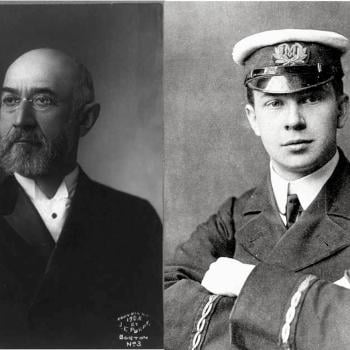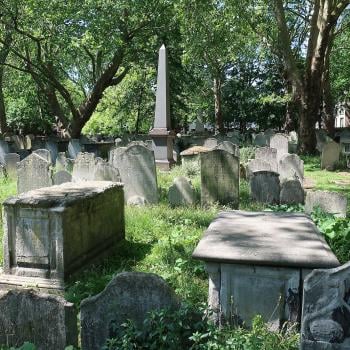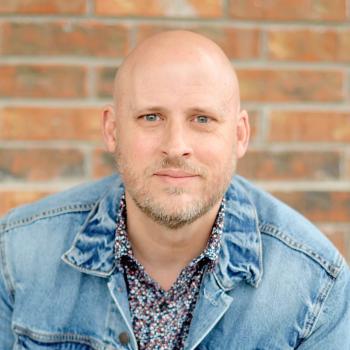Europa, Europa (1991)
Agnieszka Holland's film adapts Jewish Holocaust survivor Salomon Perel's incredible memoir about surviving the war disguised as an Aryan in the German army. It is an utterly surprising consideration of Jewishness and Nazi racial ideology.
Ben Furnish is the author of Nostalgia in Jewish-American Theatre and Film, 1979-2004.
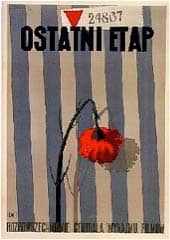 Steven Carr
Steven Carr
Birthplace (1992)
What starts out as a matter-of-fact documentary journey to Poland ends up as a shattering encounter with the past. The film is chilling in how it depicts the unchanged attitudes of a small village in Poland, despite the Holocaust.
The Search (1948)
An exquisitely restrained look at the relationship between a nine-year-old refugee from Auschwitz and the American GI, played by Montgomery Clift, who adopts him. The film won an Academy Award for Best Writing and was shot in post-war Germany.
Little Man, What Now? (1934)
This film zeroes in on German society at a time when many criticized Hollywood for not being more forthrightly anti-Nazi. It portrays the harsh conditions through the lens of two people who, very much in love, nonetheless struggle.
Playing for Time (1980)
It's one of the best depictions of the Holocaust ever aired on American television. With playwright Arthur Miller's adaptation of Fania Fenelon's memoir and a superb performance by Vanessa Redgrave, it's not just a stunning achievement for a made-for-TV movie, but for any fictionalized representation of the Holocaust.
The Last Stage (1948)
This docudrama was years ahead of its time. Directed by and starring Wanda Jakubowska, real survivors of Auschwitz reenact their experiences at the actual camp. The film was the first to put a human face on the suffering.
Steven Carr is the author of Hollywood and Anti-Semitism: A Cultural History Up to World War II.
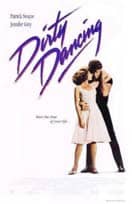 Lester Friedman
Lester Friedman
Annie Hall(1977)
This movie is significant because it captures the anxiety of an interethnic romance between the Midwestern WASPy gentile princess and the urban, neurotic New York Jewish male. Annie Hall was not the first film to do this, but it has become the archetype.
The Pawnbroker(1965)
It was the first widely viewed film that confronted the issue of the Holocaust. The film portrays how the past can't be repressed and resonates into the present.
Quiz Show (1994)
Directed by Robert Redford, this film tells the story of the Twenty-One quiz show scandal of the '50s, highlighting the longing of college-educated upwardly mobile Jews to fit into American society at a time when Jews were still viewed as outsiders.
Crimes and Misdemeanors (1989)
Judah Rosenthal (Martin Landau) is clearly assimilated and prosperous, yet commits a morally reprehensible crime: murder. What strikes me as interesting is that there is no punishment; there is no justice. Woody Allen is confronting issues of morality in both Jewish and gentile culture.
Dirty Dancing (1987)
This is one of the few films set around a Jewish-American woman and centers on her maturation during a summer when she is vacationing with her family at a resort in the Catskills. In a reverse of traditional morality, the non-Jewish male lead is in some ways the moral center of the film.
Lester Friedman is the author of The Jewish Image in American Film.
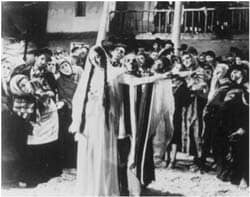 Sharon Rivo
Sharon Rivo
The Frisco Kid (1979)
This very Jewish film is wonderfully entertaining. It offers a glimmer into the real difficulties that immigrants experience but at the same time takes tremendous license.
Tevye(1939)
The extraordinary film based on Sholom Aleichem's stories became the basis of the original Fiddler on the Roof stage play. It was the first non-English language film to be selected by the Library of Congress for the National Film Registry and merits it. It's an American historical film icon.
